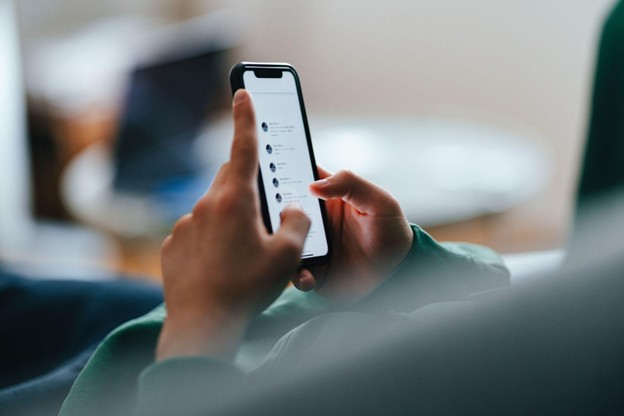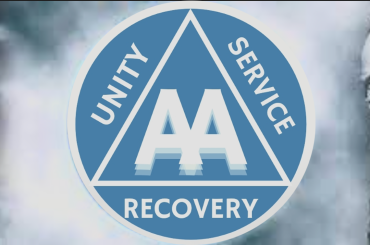Why People in Alcohol Recovery Need a Social Media Detox
For many individuals, social media is a central part of daily life. It keeps us connected, entertained, and informed. However, for those in recovery from Alcohol Use Disorder (AUD), social media can also be a source of stress, anxiety, and potential setbacks.
While recovery requires building mental clarity, emotional balance, and resilience, the overstimulating nature of social media can often work against those goals.
Studies show that social media can perpetuate feelings of depression, loneliness, and low self-esteem because of the constant comparison to others online. This is the last thing you need as someone recovering from AUD, as comparing your recovery journey to someone else’s can be detrimental.
Instead of clinging to social media during this time, take a digital detox. Stepping away from social media for a designated period can offer immense benefits for mental health and recovery.
Let’s explore how reducing screen time can help you regain focus, manage emotions, and avoid recovery pitfalls. We’ll also dig into practical tips for easing into a detox and staying accountable.
Health Benefits of a Digital Detox
As mentioned above, social media impacts mental health. It can lead to feelings of stress, anxiety, body image issues, and constant comparison with others, all of which are particularly challenging for those in recovery. The constant influx of information can leave users feeling overwhelmed and emotionally drained.
Stress from social media can even have physical effects. For instance, high-stress levels are known to cause heart pain, shallow breathing that can make you feel lightheaded and dizzy, and non-cardiac chest pain.
These symptoms underscore the importance of taking breaks from social media to prioritize overall health. Detoxing from social media can lead to several positive outcomes, including:
- Improved mental clarity: Without the endless scroll of posts and notifications, your mind has room to process thoughts more clearly and focus on your recovery journey.
- Enhanced emotional balance: A social media break can reduce exposure to harmful or triggering content, allowing for more stable and positive emotions.
- Better sleep: Research shows that screen time before bed can interfere with quality sleep. Taking a step back from devices, especially in the evening, supports healthier sleep patterns, which are crucial in recovery.
Ultimately, taking a break from social media can help you keep your mental health in check. More importantly, it gives you the space to prioritize your recovery journey.
Social Media’s Role in Recovery Challenges
While social media can be a source of community, it can also present unique risks for those in recovery. Platforms are filled with carefully curated images and moments, leading to feelings of inadequacy or comparison. For someone working through recovery, this can fuel self-doubt and hinder progress.
Additionally, exposure to unhealthy behaviors or “party culture” posts can serve as a trigger for relapse. Social media may glorify substance use, making it seem like drinking, doing drugs, and partying is “the cool thing to do.” And that makes it even harder to stay on track.
One of the best recovery resources you have is people. Building a recovery network that focuses on real-life relationships is essential. While digital connections can be supportive, nothing replaces face-to-face support from friends, family, or local groups.
With in-person accountability and tangible tools to help you stay sober during recovery, you won’t have to rely so much on virtual relationships and avoid being sucked into the dangers of social media.
Steps to Start a Digital Detox
A digital detox may sound daunting, especially when social media feels integral to your day-to-day life. But starting small can make a significant difference. Here are practical steps to ease into a detox:
- Set screen time limits: Use apps or built-in phone features to limit your daily usage of social media. Start with an achievable goal, like reducing screen time by 30 minutes a day.
- Designate tech-free times: Create specific times of day when you step away from devices, such as during meals or an hour before bed. This habit promotes mindfulness and reduces reliance on constant scrolling.
- Replace social media with healthier activities: Rediscover hobbies like reading, journaling, or exploring nature. Physical activities like yoga or hiking are particularly beneficial, as they reduce stress and boost endorphins. You could even go on a digital detox road trip to step away from technology completely and nurture your well-being on all levels. Whatever the activity is, make sure it’s something you’ll really enjoy.
- Use tools to stay accountable: Accountability is everything in recovery. So, rely on tools that will keep you honest. When indisputable proof of sobriety is needed, there’s no better option than Soberlink. Known as an ‘alcohol monitoring system,’ Soberlink’s technology provides accountability and helps rebuild trust by sending instant results to your support network. Equipped with sophisticated technology, Soberlink Devices have built-in facial recognition to ensure the right person is testing and advanced tamper sensors to detect and prevent any attempts to cheat the system.
Remember, detoxing doesn’t mean cutting off social media forever. It’s about creating boundaries that support your mental health and recovery goals.
Conclusion
Social media can be a double-edged sword, especially for those recovering from AUD. While it connects us to others, it can also fuel anxiety, unhealthy comparisons, and triggers that derail progress.
Taking intentional breaks from social media offers significant mental health benefits, including greater clarity, emotional stability, and resilience. Starting a detox may feel challenging, but with small, consistent steps, you can regain balance and refocus on your recovery journey. By setting limits, finding healthier alternatives, and incorporating helpful recovery tools into your sober journey, you create space for growth and healing.








